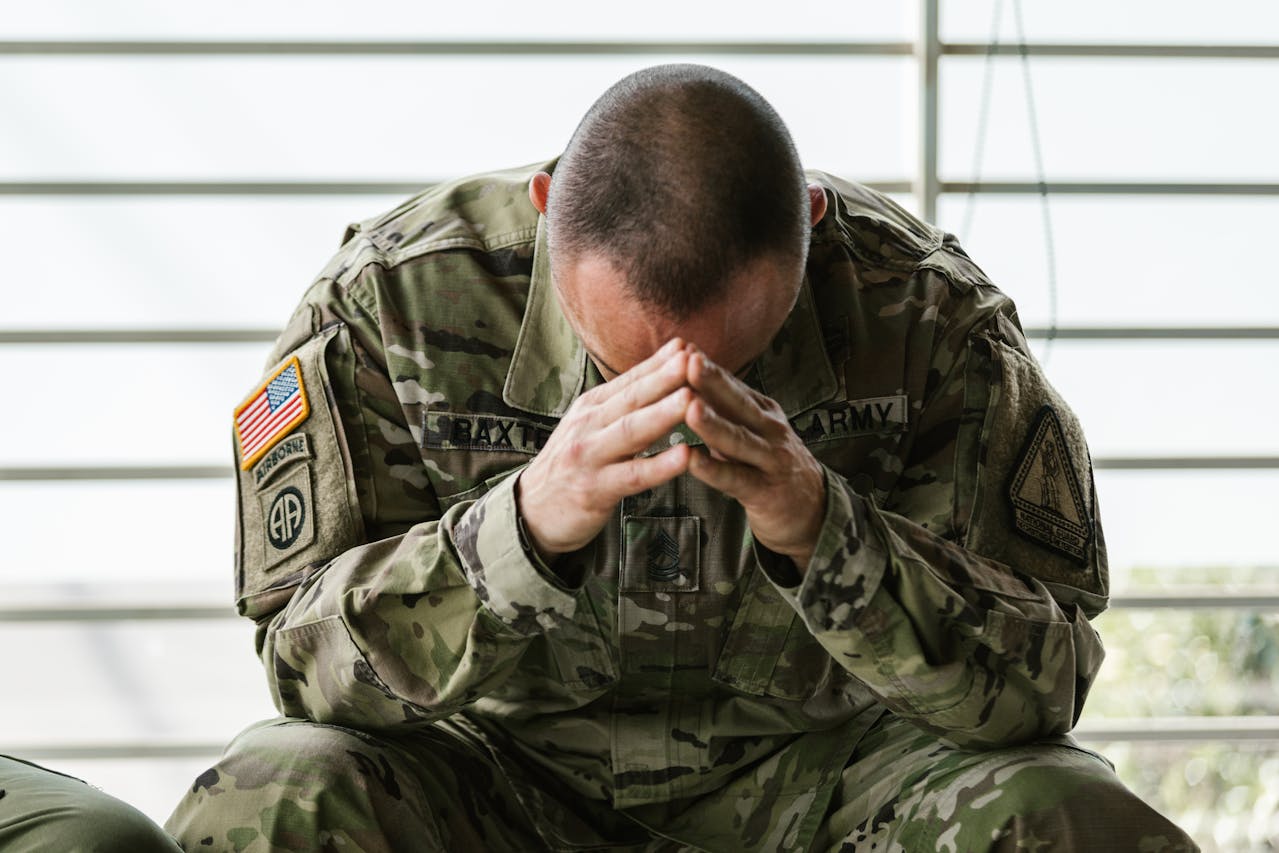Mental Health
Local Murders Linked to School Failure Rates
Murders have been linked to elementary school grades. New research reveals a causal relationship between local homicide rates and elementary student failure rates.
Researchers that municipalities with higher homicide rates also had higher rates of elementary students failing school.
"This finding is a source of concern because exposure to environmental violence is highly prevalent in contemporary societies and is unequally distributed along socioeconomic lines," study co-author Florencia Torche, an associate professor of sociology at New York University, said in a news release. "To the extent that children living in poverty are more likely to experience environmental violence, its effect on early educational achievement will contribute to the intergenerational reproduction of poverty."
The latest study involved data from all elementary schools in Mexico from 1990 to 2010 and the annual homicide rate in the municipality where each school is located. Researchers said the latest study is important because Mexico's homicide rate grew dramatically between 2007 and 2010, from 8 to 23 murders per 100,000 people. Drug trafficking-related violence is largely responsible for the spike in homicide rates.
"Our findings indicate that the recent increase in homicides resulted in thousands of elementary school children failing a grade," study co-author Monica L. Caudillo, a doctoral student in sociology at New York University, said in a news release.
"It is an important finding that local violence adversely affects children even when they are very young - jeopardizing their long-term educational attainment," Torche said.
Researchers believe that increases in elementary failure rates may be caused by heightened fear and anxiety among the kids, as well as by changes in parenting practices.
"Research shows that for children stress and anxiety result in sleep disturbance, problems with attention and concentration, and aggressive behavior," Caudillo said. "All of these factors negatively affect a child's ability to learn and succeed in school."
"While keeping children isolated is useful for reducing their exposure to violence, it may hinder their ability to succeed in school because it may cut valuable social ties," Caudillo said.
The causal mechanisms explored in this study are not likely to be limited by national boundaries," Torche added. "We speculate that a similar effect results from exposure to local violence in other countries."
"Our research suggests that in violent environments it may be important to consider initiatives such as teacher training and school programs designed to help children manage and reduce the symptoms associated with exposure to violence in order to alleviate their negative impact," Caudillo concluded.
The findings were published in the April issue of Sociology of Education.









Join the Conversation